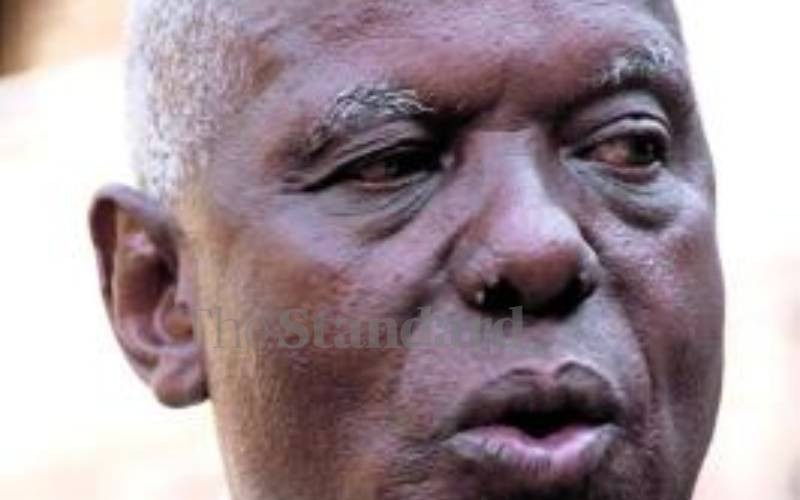×
The Standard e-Paper
Fearless, Trusted News

The brutal beer wars of the 1990s between Kenya Breweries Ltd and South African Breweries (SAB Miller) left a massive hole in the multi-billion shillings' estate of the late Njenga Karume.
In his book, Beyond Expectations: From Charcoal to Gold, the late politician describes the entry of South African Breweries (SAB) into Kenya as one of the "momentous events" in his business journey.